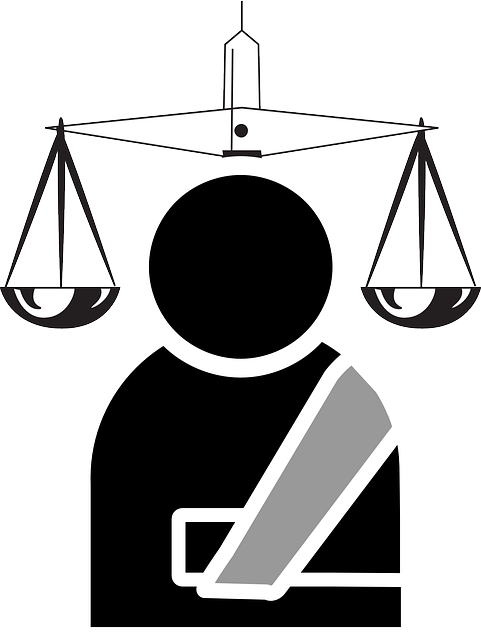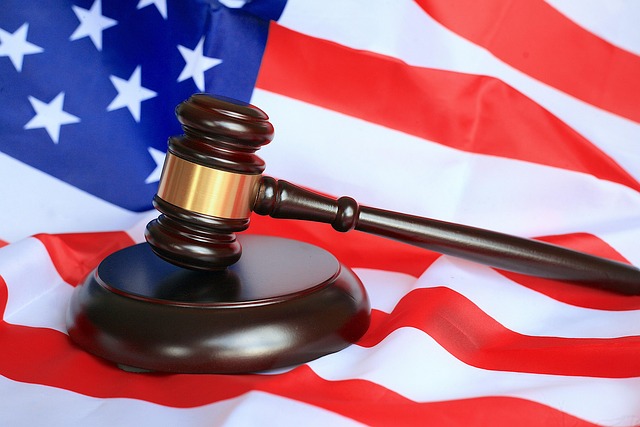Post-Traumatic Stress Disorder (PTSD) is a complex mental health condition stemming from traumatic events that significantly impacts daily life and well-being, with symptoms including flashbacks, nightmares, anxiety, and physical health issues. Navigating a PTSD injury claim requires robust evidence, such as professional diagnoses, therapy records, personal testimonials, and incident reports. Medical professionals, including psychiatrists, psychologists, and medical doctors, play a crucial role in diagnosing, documenting, and understanding the long-term effects of PTSD, providing essential evidence for legal proceedings and helping establish a direct causal link between trauma and current psychological state. Comprehensive documentation and legal assistance from an experienced attorney are key to gaining approval for PTSD injury claims.
Post-Traumatic Stress Disorder (PTSD) is a hidden injury with profound impacts on individuals’ lives. When pursuing a PTSD injury claim, understanding the key evidence required is pivotal for approval. This article delves into the essential steps of gathering evidence, highlighting the crucial role of medical professionals in supporting valid claims. By exploring these aspects, individuals navigating the process can gain insights into strengthening their cases and securing the compensation they deserve for their PTSD-related struggles.
- Understanding PTSD and its Impact
- Gathering Essential Evidence for Claim Approval
- The Role of Medical Professionals in Supporting Claims
Understanding PTSD and its Impact

Post-Traumatic Stress Disorder (PTSD) is a complex mental health condition that can significantly impact an individual’s daily life and overall well-being. It often develops after experiencing or witnessing a traumatic event, such as military combat, accidents, or violent crimes. The effects of PTSD go beyond mere emotional distress; it can lead to severe symptoms like flashbacks, nightmares, intense anxiety, avoidance behaviors, and even physical health problems. Those dealing with PTSD may find themselves trapped in a cycle of reliving the trauma, which can hinder their ability to function normally in various aspects of life, including work and social interactions.
When navigating a PTSD injury claim, understanding the severity and multifaceted nature of this disorder is crucial. Evidence that highlights the profound impact of PTSD on an individual’s mental and physical health is essential for approval. This may include professional diagnoses, therapy records, prescription medications, and any other relevant documentation that showcases the ongoing struggle with symptoms. In cases involving insurance coverage disputes or elder law issues, having comprehensive evidence can help ensure a fair assessment and support individuals in securing the necessary support and benefits they deserve, especially when assisted by an experienced accident attorney.
Gathering Essential Evidence for Claim Approval

When pursuing a PTSD injury claim, gathering robust and relevant evidence is paramount for approval. This includes medical records detailing the diagnosis and treatment history related to the PTSD, along with any supporting documentation from mental health professionals. Testimonials from friends, family, or peers who can attest to the significant impact of the PTSD on an individual’s daily life are equally crucial.
Additionally, evidence from incident reports, police records (in applicable cases), or witness statements can strengthen a claim, especially for events like slip and fall accidents that contribute to PTSD symptoms. For elderly individuals seeking compensation through elder law, it’s essential to demonstrate how the injury has affected their quality of life and independence, supported by medical assessments and care plans. These comprehensive pieces of evidence collectively work towards a compelling case, increasing the likelihood of a successful PTSD injury claim approval.
The Role of Medical Professionals in Supporting Claims

Medical professionals play a pivotal role in supporting individuals who are seeking approval for their PTSD (PTSD injury claim) injuries. They serve as key witnesses, providing detailed and objective assessments that can make or break a claim. These professionals, including psychiatrists, psychologists, and medical doctors, have the expertise to diagnose PTSD, document its impact, and offer insights into the patient’s mental health trajectory post-injury. Their clinical findings, diagnoses, and treatment plans are critical in substantiating the severity of symptoms and the correlation between the trauma and current psychological state.
A personal injury attorney or accident attorney specializing in PTSD claims will often collaborate closely with these medical experts to gather compelling evidence. The healthcare provider’s role involves not only treating the patient but also serving as a reliable source for legal proceedings. Their expertise can help establish a direct causal link between the traumatic event and the development or exacerbation of PTSD symptoms, ultimately aiding in the approval process for compensation, especially when addressing potential caregiver negligence.
When pursuing a PTSD injury claim, it’s imperative to present key evidence that links your condition to a specific traumatic event. This includes detailed medical records, psychological assessments, and compelling testimonials from healthcare professionals. By gathering comprehensive documentation, veterans can navigate the process effectively, ensuring their claims are supported by robust evidence. Remember, the role of medical experts is invaluable in validating PTSD injury claims and facilitating approval.






